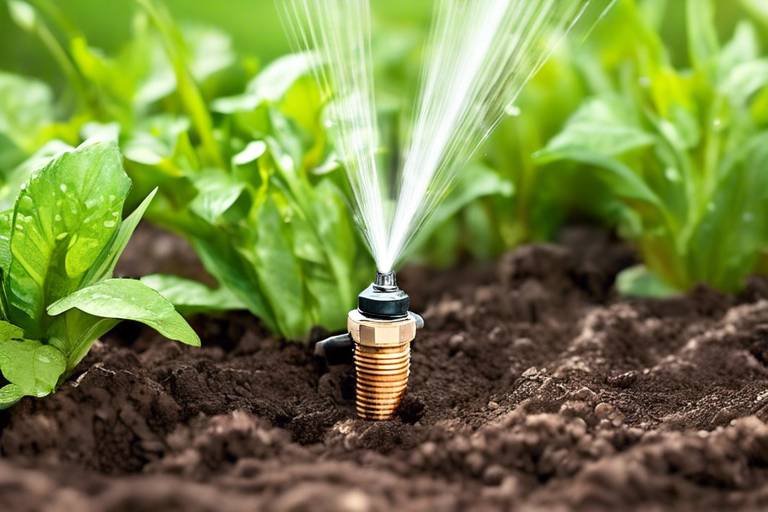Best Fertilizers for Organic Gardening
When it comes to organic gardening, choosing the best fertilizers is crucial for ensuring healthy plant growth and a thriving garden. Organic fertilizers offer a natural and sustainable way to nourish your plants, enrich the soil, and promote a harmonious ecosystem within your garden. In this article, we will delve into the world of organic fertilizers, exploring their benefits, types, DIY recipes, application techniques, and much more.
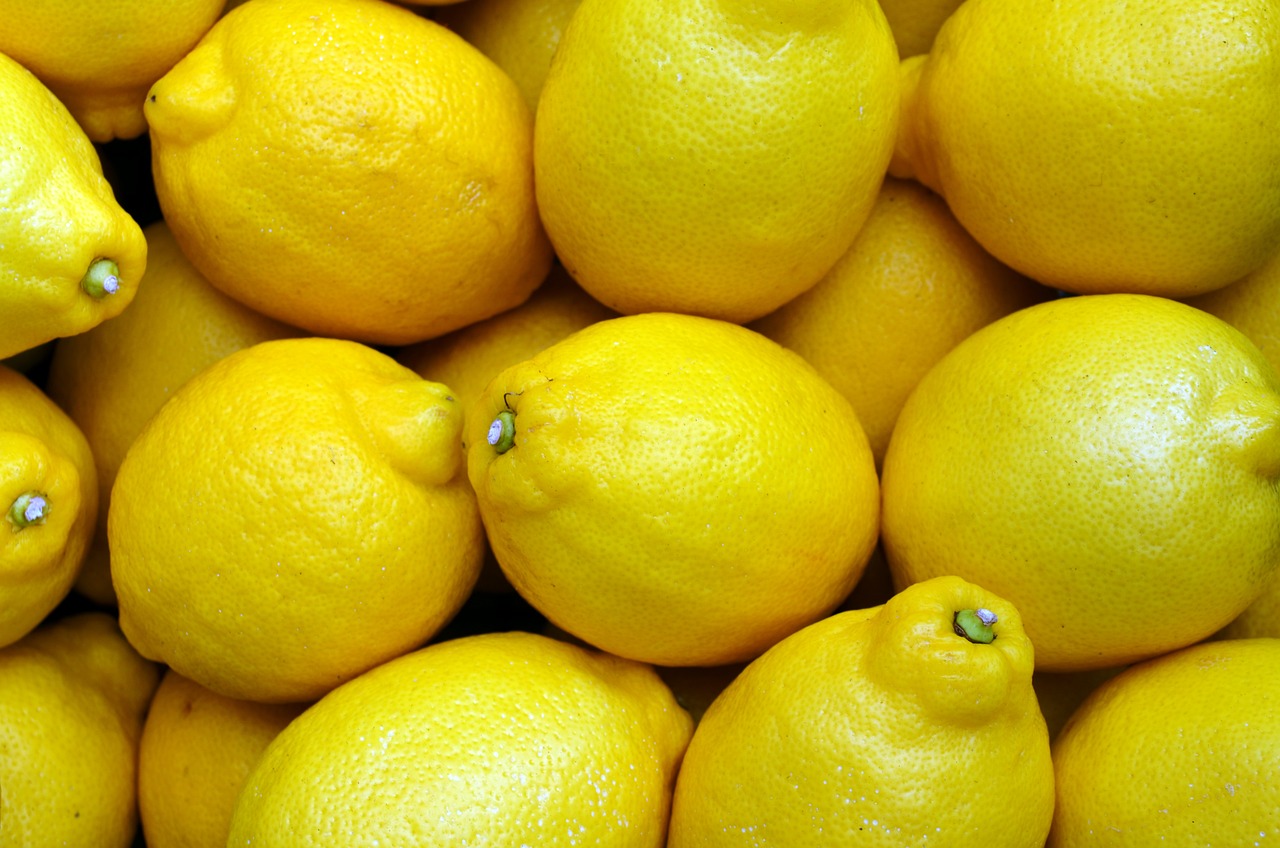
Benefits of Organic Gardening
Organic gardening offers a multitude of benefits that go beyond just growing plants. By choosing to cultivate your garden organically, you contribute to the overall sustainability and health of the environment. Unlike conventional gardening methods that rely on synthetic chemicals, organic gardening focuses on natural processes and products that nourish the soil and plants without harming the ecosystem. This approach promotes biodiversity, reduces pollution, conserves water, and supports the well-being of beneficial insects and wildlife.
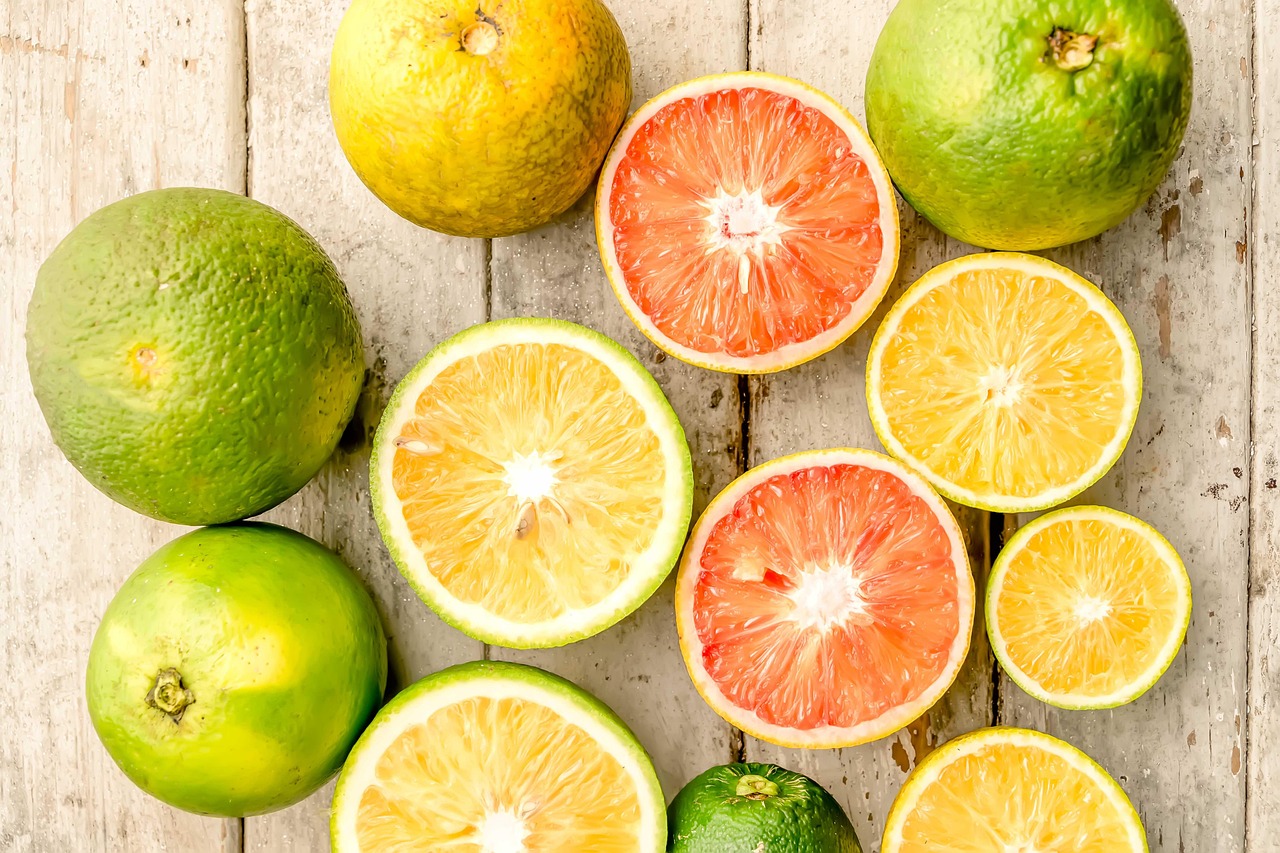
Types of Organic Fertilizers
Organic gardening relies on natural and sustainable practices to nurture plants and soil, and one of the key components of this approach is the use of organic fertilizers. These fertilizers are derived from natural sources and provide essential nutrients to plants without the use of synthetic chemicals. By choosing the right organic fertilizers, gardeners can promote healthy plant growth while also supporting the environment.
One of the most common types of organic fertilizers is compost, which is made from decomposed organic matter such as kitchen scraps, yard waste, and leaves. Compost not only enriches the soil with nutrients but also improves its structure and water retention capacity. Another popular organic fertilizer is manure, which is rich in nitrogen, phosphorus, and potassium – essential nutrients for plant growth. When properly composted, manure becomes a valuable source of organic matter for the soil.
Seaweed is another excellent organic fertilizer that is rich in trace minerals and growth hormones beneficial for plant development. Its high nutrient content and ability to improve soil health make it a valuable addition to organic gardening practices. Additionally, fish emulsion, bone meal, and blood meal are natural fertilizers that provide specific nutrients to plants, catering to their individual needs.
Each type of organic fertilizer offers unique benefits to plants and soil, making them versatile choices for organic gardeners seeking sustainable and eco-friendly alternatives to synthetic fertilizers. By understanding the characteristics of different organic fertilizers, gardeners can choose the most suitable options for their specific gardening needs and goals.

DIY Organic Fertilizer Recipes
Creating your own organic fertilizers at home can be a rewarding and cost-effective way to nourish your plants while reducing your environmental impact. By utilizing common household items and natural ingredients, you can whip up effective fertilizers that will promote healthy growth in your garden.
One simple DIY organic fertilizer recipe involves using banana peels. These fruit scraps are rich in potassium, a vital nutrient for plant development. To create a banana peel fertilizer, chop up the peels and bury them around the base of your plants. As the peels decompose, they release nutrients into the soil, providing a natural boost to your garden.
If you're looking to boost the nitrogen levels in your soil, consider creating a coffee grounds fertilizer. Coffee grounds are a great source of nitrogen and can help improve soil structure. Simply sprinkle used coffee grounds around your plants or mix them into your compost pile to enhance the nutrient content.
Another DIY organic fertilizer option is the eggshell fertilizer. Eggshells are packed with calcium, which is essential for strong cell walls in plants. To make an eggshell fertilizer, crush up dried eggshells into a fine powder and sprinkle it around the base of your plants. This will not only enrich the soil with calcium but also deter pests like slugs and snails.
For a comprehensive organic fertilizer that provides a balanced mix of nutrients, you can create a compost tea. Compost tea is made by steeping compost in water to extract beneficial microbes and nutrients. This nutrient-rich liquid can be sprayed directly onto plants or poured into the soil to enhance overall plant health and vitality.
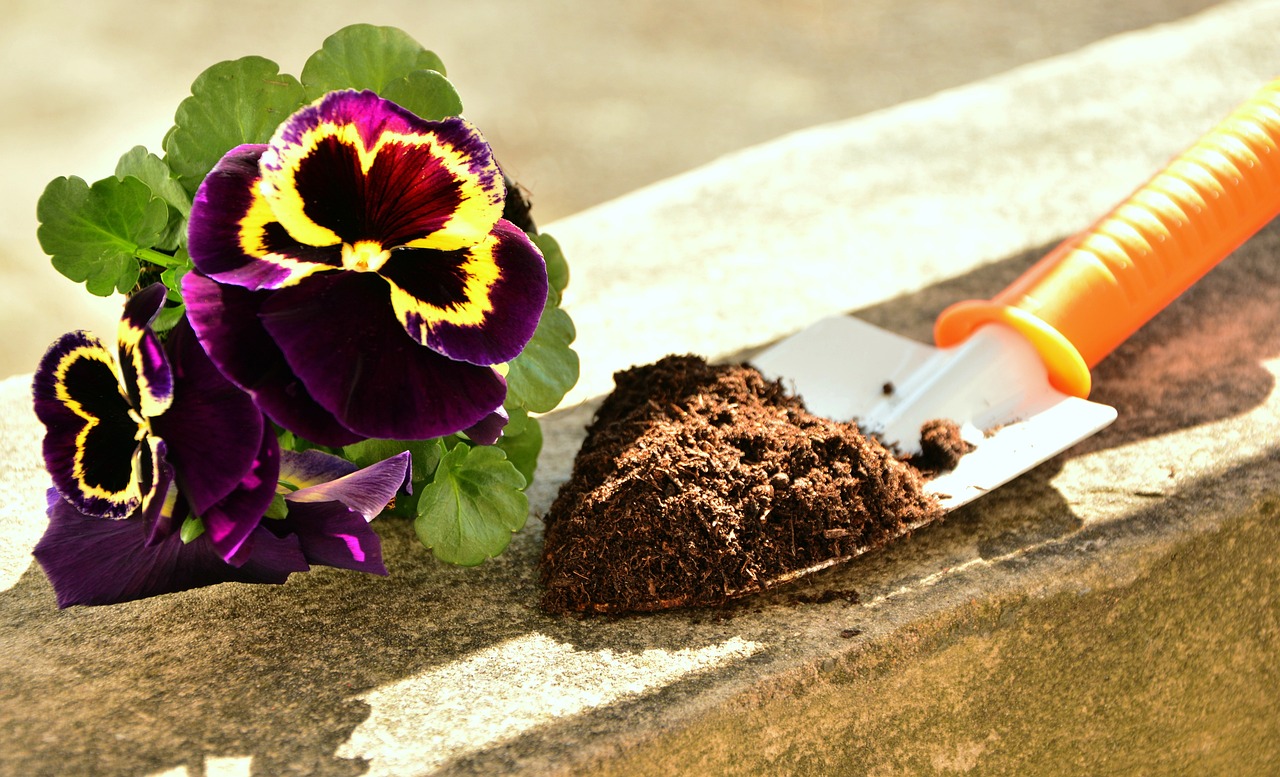
Importance of Soil Health
Soil health is the cornerstone of successful organic gardening, playing a vital role in the overall well-being of plants and the ecosystem. Just like a sturdy foundation supports a building, healthy soil provides the necessary nutrients and structure for plants to thrive. When the soil is rich in organic matter and teeming with beneficial microorganisms, it creates a fertile environment where plants can establish strong root systems and absorb essential nutrients efficiently.
Organic gardening enthusiasts understand that soil health goes beyond just the physical structure of the soil. It encompasses a delicate balance of nutrients, pH levels, and microbial activity that directly impact plant growth and resilience. Healthy soil acts as a reservoir, storing nutrients and water, releasing them gradually to plants as needed. This natural buffering capacity helps prevent nutrient leaching and ensures a sustainable source of nourishment for plants throughout their growth cycle.
Moreover, soil health is closely linked to biodiversity and ecosystem stability. A thriving soil ecosystem, with a diverse community of organisms such as earthworms, beneficial bacteria, and fungi, contributes to nutrient cycling, disease suppression, and overall soil fertility. By nurturing soil health in organic gardening practices, gardeners not only support their plants but also promote the long-term sustainability of the environment.
Understanding the importance of soil health in organic gardening is key to achieving bountiful harvests and maintaining a resilient garden ecosystem. By focusing on building and preserving healthy soil through the use of organic fertilizers, compost, and sustainable gardening practices, gardeners can create a thriving environment where plants flourish naturally, without the need for synthetic chemicals.
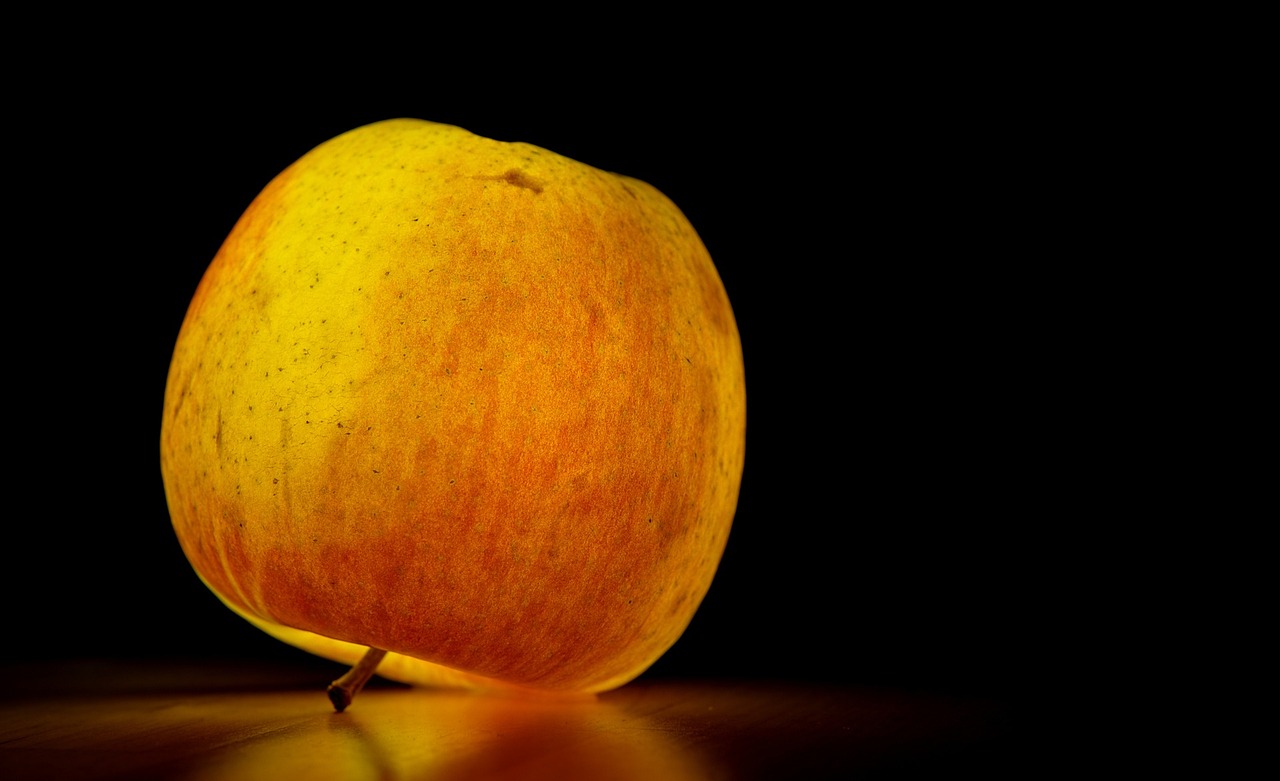
Choosing the Right Fertilizer for Your Plants
When it comes to choosing the right fertilizer for your plants, it's essential to consider several factors to ensure optimal growth and health. Different plants have varying nutrient requirements, and the type of soil in your garden also plays a crucial role in determining the best fertilizer to use. Understanding these key elements will help you make an informed decision that benefits both your plants and the environment.
First and foremost, assess the specific needs of your plants. Different types of plants require different nutrients to thrive. For example, leafy greens like lettuce and spinach may need more nitrogen for healthy leaf development, while fruiting plants such as tomatoes and peppers might benefit from a fertilizer higher in phosphorus to support flower and fruit production.
Additionally, consider the composition of your soil. Conduct a soil test to determine its pH level and nutrient content. This information will guide you in selecting a fertilizer that complements the existing soil conditions and provides any lacking nutrients. For instance, if your soil is deficient in organic matter, a fertilizer rich in compost or manure can help improve soil structure and fertility.
Furthermore, take into account your specific gardening goals. Are you aiming for abundant blooms, robust fruit production, or overall plant health? Tailoring your fertilizer choice to align with your objectives can enhance the growth and vitality of your plants. For instance, a slow-release organic fertilizer may be ideal for long-term soil enrichment and sustained plant nutrition.
Consider the environmental impact of the fertilizers you use. Opt for organic fertilizers that are derived from natural sources and promote sustainable gardening practices. These eco-friendly options not only benefit your plants but also contribute to the health of the soil and surrounding ecosystem. By choosing organic fertilizers, you can support biodiversity and minimize chemical runoff into water sources.
Lastly, don't forget to follow the recommended application rates and guidelines provided by the fertilizer manufacturer. Over-fertilizing can harm plants and disrupt the balance of nutrients in the soil, while under-fertilizing may lead to nutrient deficiencies and stunted growth. By applying the right amount of fertilizer at the appropriate times, you can ensure healthy plant development and vibrant blooms throughout the growing season.
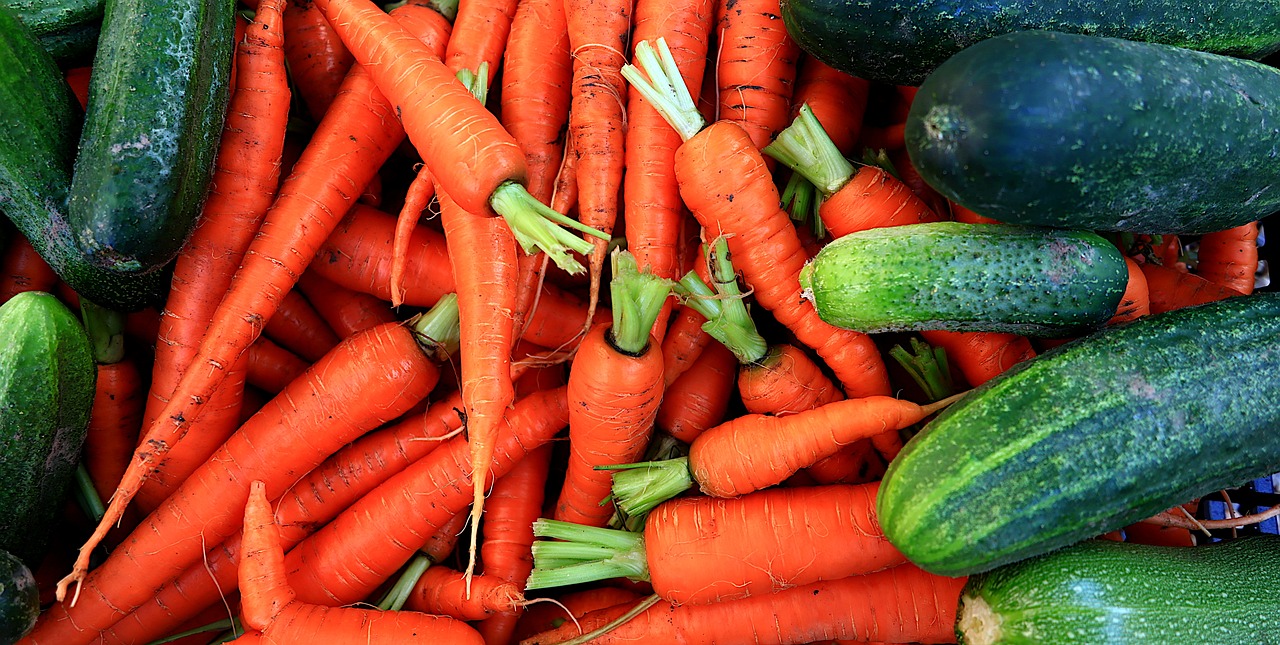
Organic Liquid Fertilizers
Organic liquid fertilizers are a popular choice among gardeners looking for efficient nutrient delivery to their plants. These fertilizers are derived from natural sources and are rich in essential nutrients that can be readily absorbed by plants. Unlike traditional solid fertilizers, liquid organic fertilizers can be easily applied through watering cans or sprayers, ensuring even distribution and quick uptake by plant roots.
One of the key benefits of organic liquid fertilizers is their versatility in application. They can be used as foliar sprays, root drenches, or added to irrigation systems for consistent feeding. This flexibility allows gardeners to tailor their fertilization methods based on the specific needs of different plant varieties, growth stages, and environmental conditions.
Organic liquid fertilizers are also known for their rapid nutrient availability. Since the nutrients are already dissolved in liquid form, plants can absorb them more quickly compared to solid fertilizers. This immediate access to essential elements like nitrogen, phosphorus, and potassium can promote robust growth, vibrant blooms, and overall plant health.
When choosing an organic liquid fertilizer, it's important to consider the nutrient content and formulation. Some liquid fertilizers are specialized for certain types of plants or specific growth stages, so selecting the right product for your garden's needs is crucial. Additionally, organic liquid fertilizers should be applied in moderation to prevent nutrient imbalances and avoid over-fertilization, which can harm plants.
In summary, organic liquid fertilizers offer a convenient and effective way to nourish your plants with natural nutrients. Their quick absorption, easy application, and nutrient-rich composition make them a valuable tool for promoting healthy growth and maximizing yields in your organic garden.
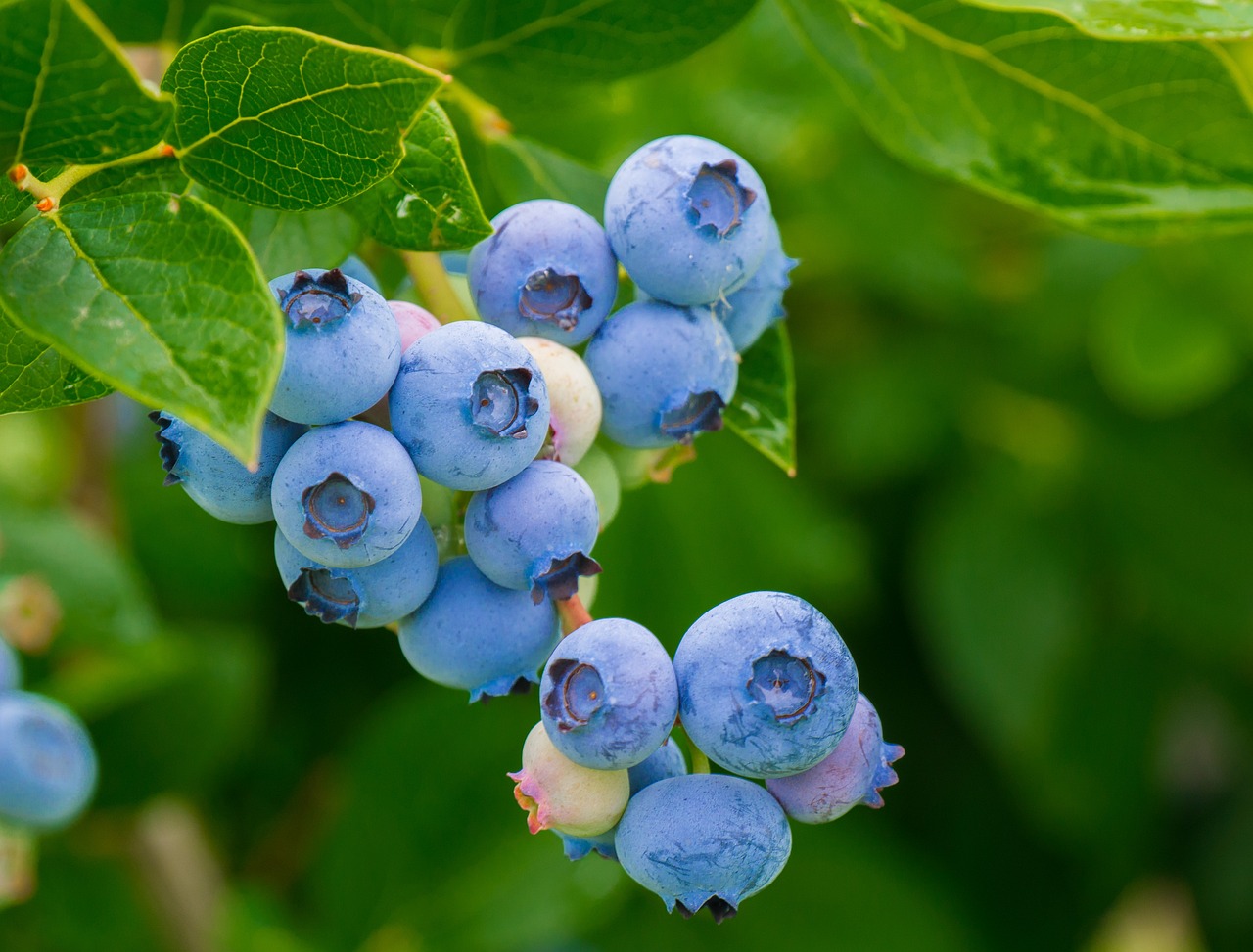
Top Organic Fertilizer Brands
When it comes to organic gardening, choosing the right fertilizer is crucial for promoting healthy plant growth and sustainability. There are several top organic fertilizer brands in the market that are known for their quality, effectiveness, and eco-friendly practices.
One of the leading organic fertilizer brands is Dr. Earth, which offers a wide range of organic fertilizers made from natural ingredients such as fish bone meal, kelp meal, and alfalfa meal. Their products are known for providing plants with essential nutrients while improving soil health.
Jobe’s Organics is another popular choice among organic gardeners. They provide organic fertilizers that are specially formulated to meet the needs of different plants and soil types. Jobe’s Organics fertilizers are easy to use and promote long-term soil health.
Espoma is a well-established brand that offers a variety of organic fertilizers, including plant-specific formulas and all-purpose blends. Their products are enriched with beneficial microbes and mycorrhizae to enhance nutrient uptake and promote strong root development.
FoxFarm is known for its premium organic fertilizers that are designed to deliver balanced nutrition to plants throughout their growth stages. Their products are made from high-quality ingredients and are free from synthetic additives, making them ideal for organic gardening.
Lastly, Neptune’s Harvest is a trusted brand that produces organic fertilizers using sustainably sourced fish and seaweed. Their fertilizers are rich in micronutrients and promote overall plant health and vitality.
These top organic fertilizer brands have gained popularity among organic gardeners for their commitment to providing high-quality, environmentally friendly products that support plant growth and soil health.
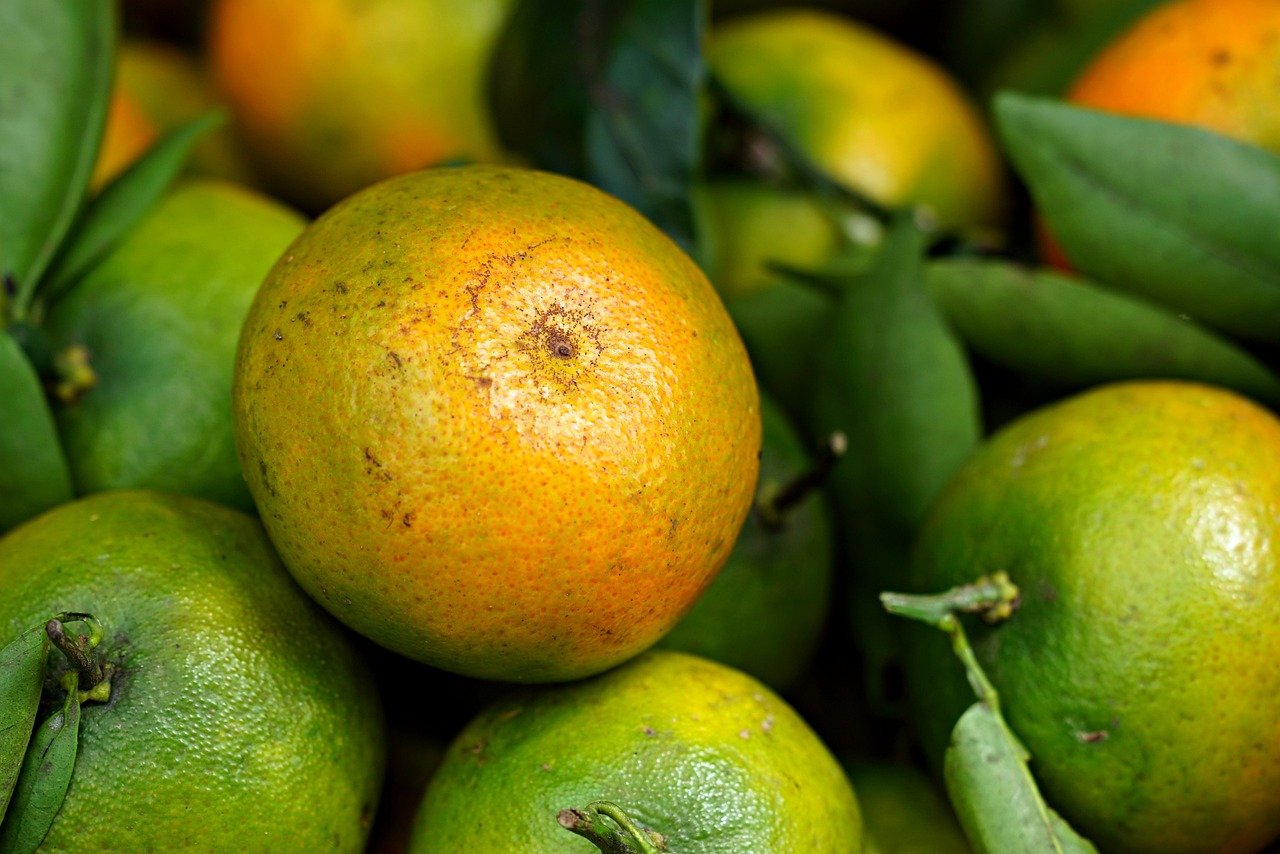
Organic Fertilizing Tips and Techniques
When it comes to organic gardening, using the right fertilizing tips and techniques can make a significant difference in the health and growth of your plants. One important tip is to always read the instructions on the organic fertilizer packaging carefully. Different fertilizers have varying application rates and methods, so following the guidelines will ensure you are providing the correct nutrients to your plants.
Another valuable technique is to mix organic fertilizers into the soil thoroughly. This helps distribute the nutrients evenly and allows the roots to access them more effectively. Additionally, consider using a combination of different organic fertilizers to provide a broader spectrum of nutrients to your plants. Mixing compost with other natural fertilizers can create a balanced and nutrient-rich soil environment for optimal plant growth.
Furthermore, it's essential to apply organic fertilizers at the right time. Generally, fertilizing in the early spring before planting and then again during the growing season is beneficial. However, be cautious not to over-fertilize, as this can harm your plants. Regularly monitoring the health and growth of your plants can help you determine when they need additional nutrients.
One useful technique is to incorporate cover crops into your organic gardening practices. Cover crops not only help enrich the soil but also prevent erosion and suppress weeds. Rotating crops and using cover crops can improve soil structure and fertility over time, reducing the need for external fertilizers.
Moreover, consider using organic foliar sprays as a technique to provide quick nutrient boosts to your plants. These liquid fertilizers are sprayed directly onto the leaves and are absorbed rapidly, offering a convenient way to address nutrient deficiencies or promote growth during the growing season.
Lastly, don't forget the importance of maintaining proper soil moisture levels when fertilizing organically. Watering your plants adequately ensures that the nutrients from the organic fertilizers are absorbed efficiently. Proper irrigation practices, such as drip irrigation or soaker hoses, can help conserve water and promote healthy root development.
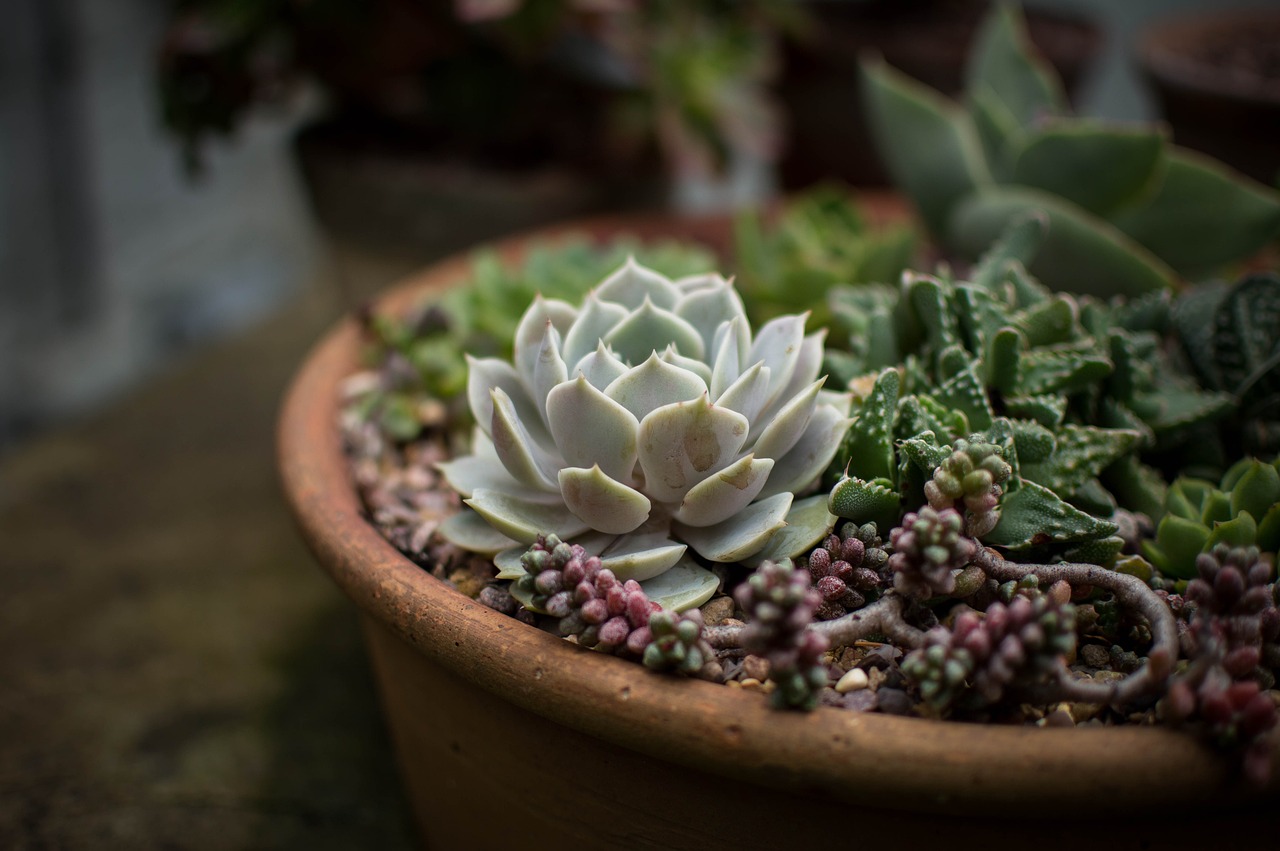
Organic Fertilizer Application Schedule
Creating a well-structured organic fertilizer application schedule is crucial for maintaining the health and vitality of your plants throughout the gardening season. By following a consistent schedule, you can ensure that your plants receive the necessary nutrients at the right times to support their growth and development.
One effective approach is to divide the gardening season into different stages, each requiring specific types and amounts of organic fertilizers. For example, during the early spring when plants are just starting to grow, a nitrogen-rich fertilizer can help promote leafy green growth. As the plants transition into the flowering stage, phosphorus-rich fertilizers can support the development of blooms and fruits.
It's essential to consider the specific needs of each type of plant in your garden when creating an organic fertilizer application schedule. Some plants may require more frequent fertilization, while others may be more sensitive to certain nutrients. Researching the individual requirements of your plants can help you tailor the schedule to meet their needs effectively.
Additionally, factors such as soil quality, weather conditions, and the overall health of your garden can influence the frequency and timing of fertilizer applications. Regular soil testing can provide valuable insights into the nutrient levels in your soil, allowing you to adjust your fertilizer schedule accordingly.
Remember that organic fertilizers work in harmony with the natural processes of the soil, providing slow-release nutrients that are gradually absorbed by plants over time. By following a well-planned organic fertilizer application schedule, you can promote sustainable gardening practices and cultivate a thriving, healthy garden ecosystem.
Frequently Asked Questions
- What are the benefits of using organic fertilizers for gardening?
Organic fertilizers offer numerous benefits such as improving soil structure, promoting beneficial microbial activity, reducing the risk of chemical build-up in the soil, and enhancing plant nutrient uptake. They also support long-term soil health and sustainability, making them an eco-friendly choice for gardeners.
- How do I know which organic fertilizer is best for my plants?
Choosing the right organic fertilizer depends on factors like the type of plants you are growing, the soil composition, and specific nutrient requirements. Conducting a soil test can help determine the deficiencies and guide you in selecting the appropriate organic fertilizer to meet your plants' needs effectively.
- Can I make my own organic fertilizer at home?
Absolutely! DIY organic fertilizers can be easily created using kitchen scraps, compost materials, eggshells, coffee grounds, and other organic waste. These homemade fertilizers not only provide essential nutrients to your plants but also help reduce waste and promote a sustainable gardening practice.
- When is the best time to apply organic fertilizers to plants?
It is recommended to apply organic fertilizers in the early spring before planting to prepare the soil with essential nutrients. Additionally, you can top-dress your plants with organic fertilizers during the growing season to provide continuous nourishment. Avoid over-fertilizing and follow the specific guidelines for each type of organic fertilizer for optimal results.




